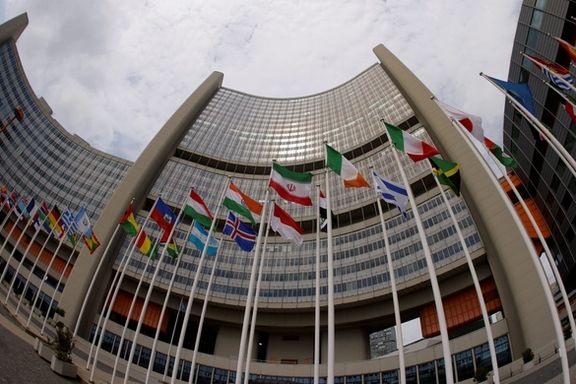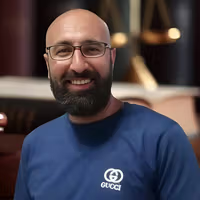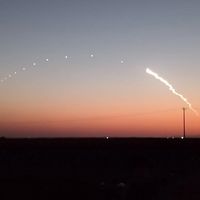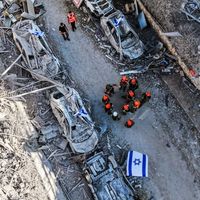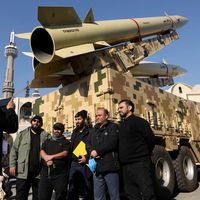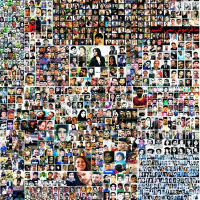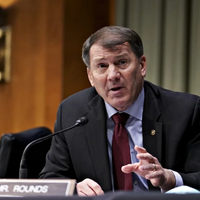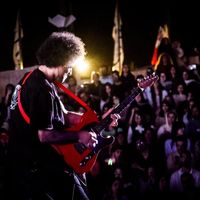"We discussed ideas involving certain details in the sanctions-lifting and nuclear fields that are needed for a deal," Kazem Gharibabadi said in a post on X.
He described the talks as "serious, frank, and constructive", adding that the two sides agreed to continue their dialogue.
"Sides concurred that negotiations should be resumed and to reach a deal, all parties should create and maintain the appropriate atmosphere," he said.
Echoing Gharibabadi's characterization, Christian Turner, Political Director at the Foreign, Commonwealth & Development Office (FCDO), described the session in similar terms, without explicitly mentioning Tehran's nuclear program or sanctions relief.
"UK French & German Political Directors met again with our Iranian counterparts in Geneva today. Talks were serious, frank & constructive. Against a challenging context, we discussed concerns & reiterated our commitment to a diplomatic solution. We agreed to continue our dialogue," Turner's post on X read.
The German Foreign Office and France’s Director General of Political and Security Affairs at the Ministry for Europe and Foreign Affairs, Frédéric Mondoloni, also shared the same statement on their X accounts.
The talks follow meetings in November as tensions mounted following the UN nuclear watchdog's Board of Governors' resolution censuring of Iran and demanding Tehran resolve outstanding issues with the IAEA over its advancing nuclear program.
Iranian Foreign Minister Abbas Araghchi last month expressed Tehran's readiness for renewed talks with world powers aimed at breaking the long-standing deadlock over its disputed nuclear program.
The remarks were the among the clearest yet signaling that Iran, faced with a bevy of economic and military setbacks, sought to ease isolation due to intensify under a second presidency of Donald Trump through talks.
“The formula we have is the same as the previous JCPOA formula, which is building trust about Iran's nuclear program in exchange for the removal of sanctions. We are ready to negotiate on this basis," he said.
The Joint Comprehensive Plan of Action (JCPOA) is the agreement signed in July 2015 between Iran, the European Union and the five permanent members of the UN Security Council plus Germany, commonly known as the P5+1.
Trump withdrew the US from the deal in 2018 during his first term in office and reinstated sanctions on Tehran.
Iran, in turn, has accelerated uranium enrichment to levels exceeding those required for peaceful purposes, approaching the purity needed to develop a nuclear weapon.
